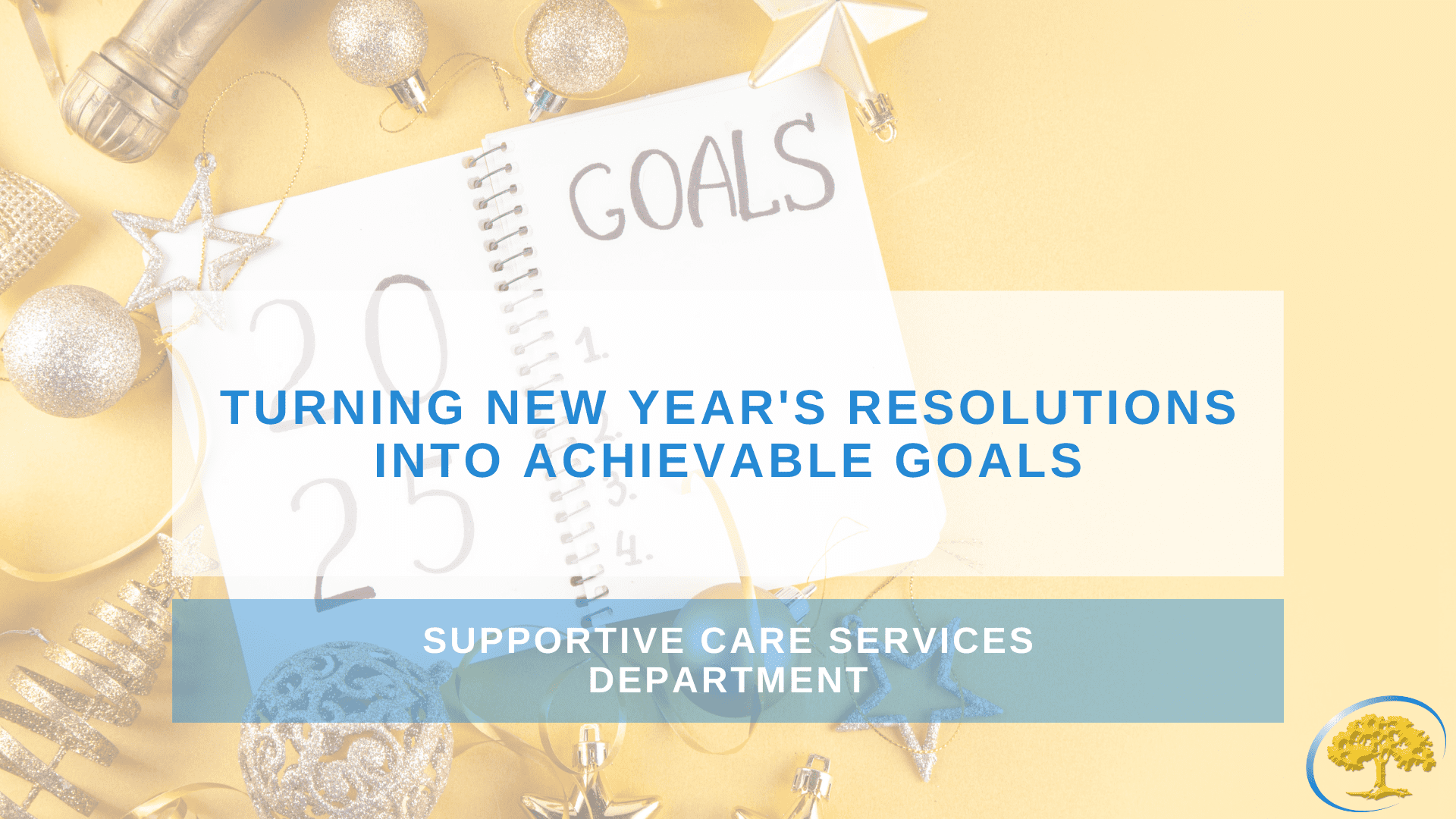
Posted 1 year ago
Turning New Year’s Resolutions Into Achievable Goals
All you have to do is google “new year’s resolutions” and the you see the top results are lose weight, exercise more/improve fitness, eat healthier/improve diet, get organized and save money/spend less. Despite more than a third of the Population making resolutions, they always seem to fail. In the US 59% of those who make resolutions want to exercise more, 54% want to eat healthier and 48% resolved to lose weight. Despite all this, over 73% of the US population over the age of 20 is considered overweight and of that over 42% is classified as obese.
The success/failure rates over the first 6 months of the year are:
– After 1 week, 75% of those who make resolutions are still successful in keeping it. That means 25% of resolutions were broken in the first week!-
– After 2 weeks that drops to 71%
– After 4 weeks it drops further to 64%
– Among gym goers, 80% drop out within 8 weeks
– After 6 months, 46% of people who make a resolution are still successful at keeping it
– At the end of a year, off those that make resolutions only 9% feel they are successful in keeping them.
Some of the reasons for failure
– Most people who fail their resolutions say their goals were unrealistic
– More than a third who fail did not keep track of their progress
– More than 25% forgot about their resolution
– 1 in 10 people who fail say they made too many resolutions.
Setting Realistic Goals
It is hard enough to make changes in life but if goals are unrealistic, you are setting yourself up for failure before you even start. I think we have all heard about SMART goals – goals that are Specific, Measureable, Attainable, Relevant and Time bound – the following keys for setting realistic goals incorporate all the aspects of SMART goals, but take them even further for improved success.
Keys to setting realistic goals:
– Write your goals down: If you do not write a goal down it is not physically real. The simple act of writing helps us commit to the goal and gives us something we can see and reflect upon.
– Set short term milestones: Goals that are far out of reach are easier to put off and procrastinate on. Long-term goals are fine, but you need to have regular milestones built in. The short term goals within your long-term goal will help you stay on track and will make that long-term goal much more manageable.
– Be specific: The more specific you are, the more motivated you will be especially as you get closer to achieving it. Vague goals can result in getting discouraged and even giving up because you may not feel like you are getting any closer due to not having a clear end in sight.
– Measure actions as well as progress: Some goals may be better measured by actions rather than just progress.
– Start with just one goal: Trying to accomplish too many things at once is a recipe for failure. Changing too many things in life at once can be overwhelming and ends up being unrealistic.
– Schedule in time for your goals: If you do not make time for your goals, you will never accomplish them. The more time you allocate to your goal, the faster you will achieve it.
– Set goals you actually want to achieve: Do not set goals because they sound good or you think you should; set goals that you want to achieve and you are much more likely to be able to achieve them.
